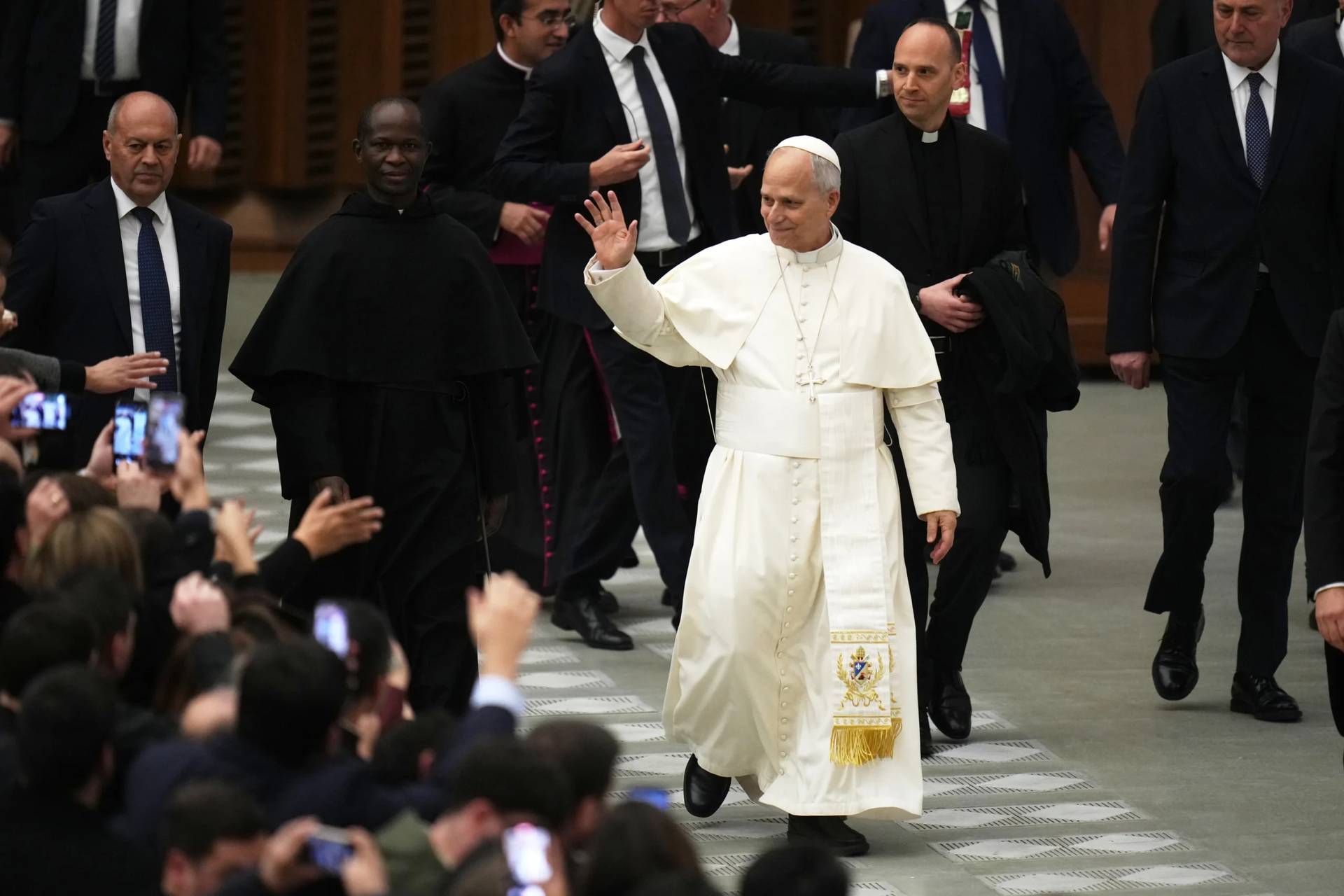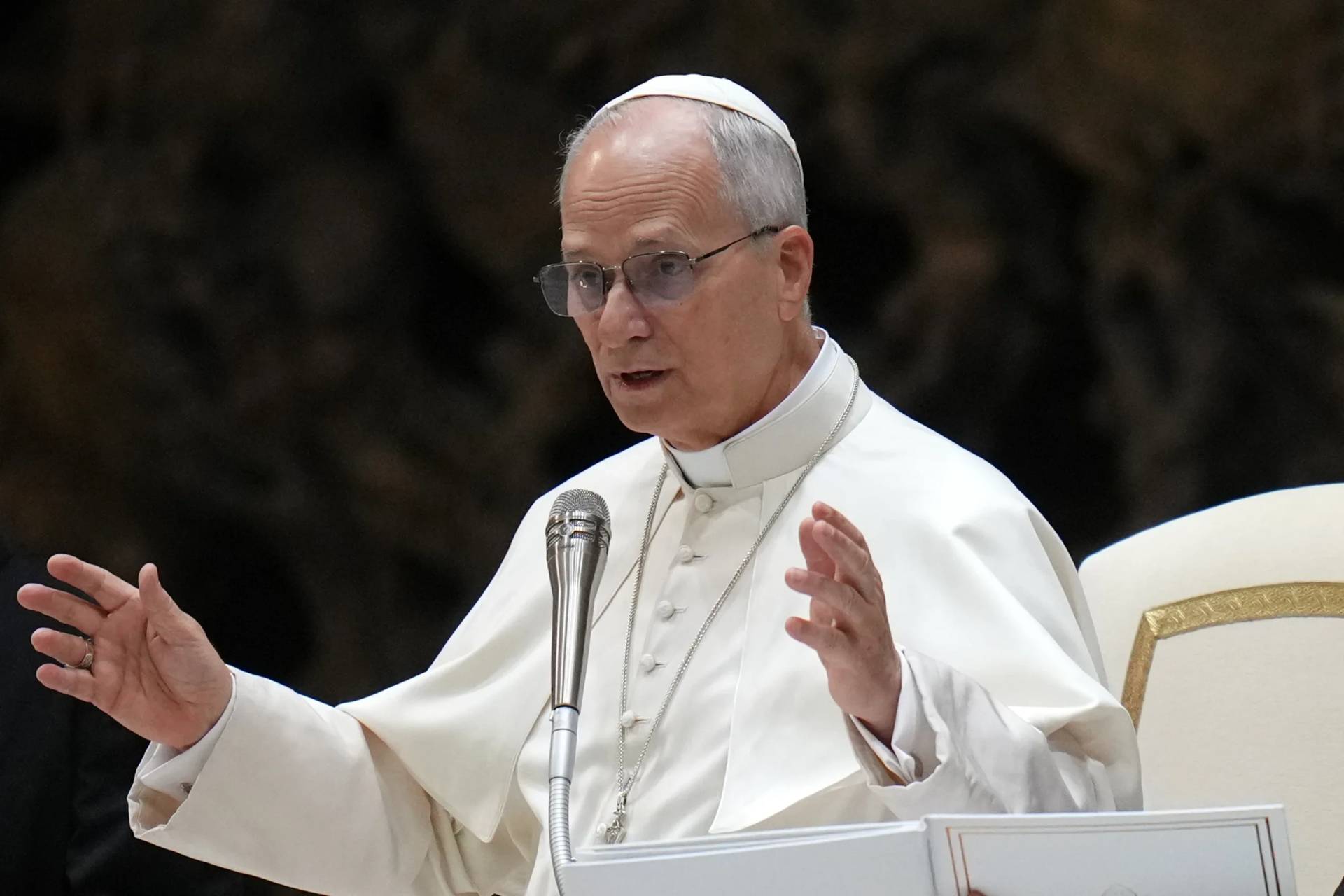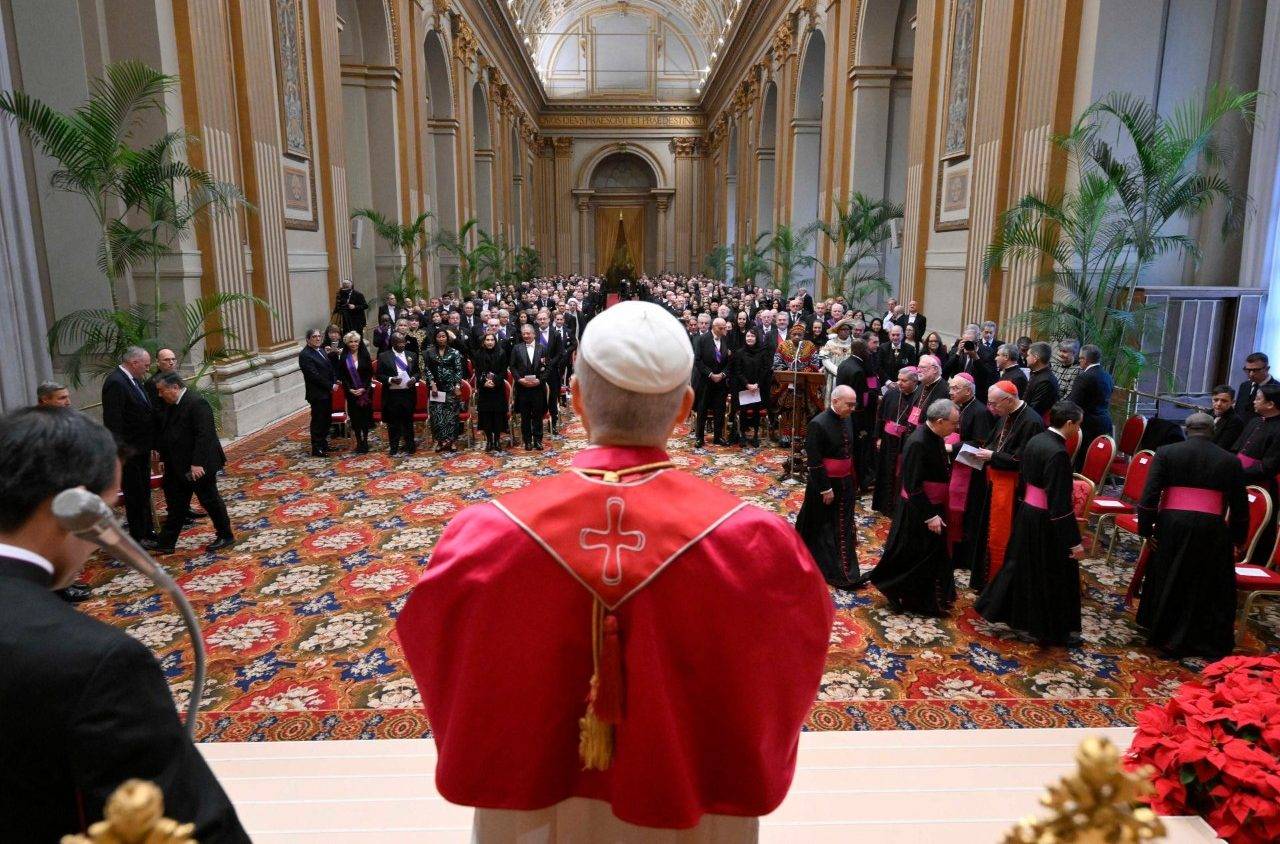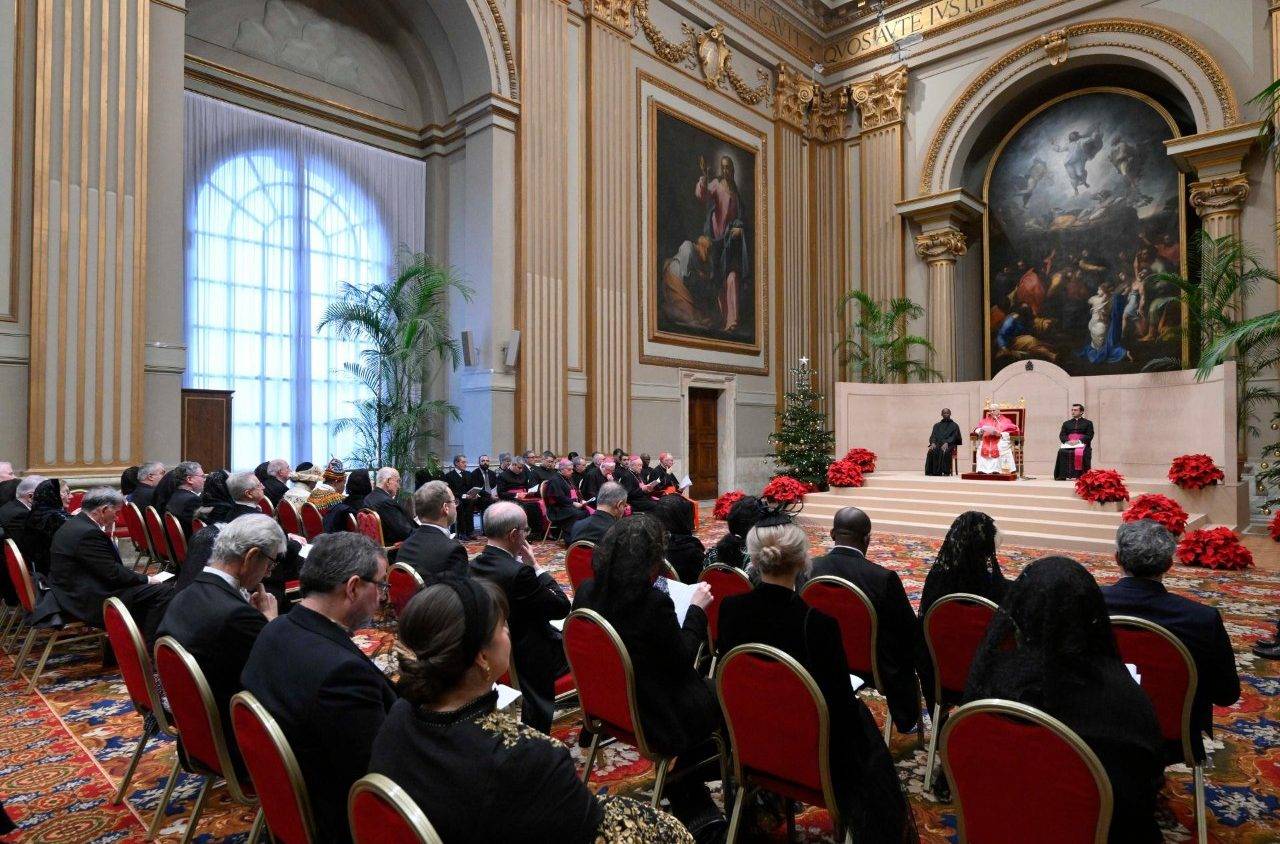MUMBAI, India – Tribal cultures in India respect nature, and celebrate her gifts, according to the first Indian Cardinal from a tribal background.
Cardinal Telesphore Toppo, Archbishop of Ranchi, said “to be true witnesses of Christ, we must respond to the ecological crisis through a deep spiritual conversion, which necessarily implies a sensitivity to the tribal and the most marginalized parts of society: migrants, landless peasants and day laborers.”
He was speaking about the World Day of Prayer for the Care of Creation – celebrated on September 1 – which was established by the Orthodox Church in 1989 and adopted into the Catholic calendar in 2015.
This year, Pope Francis and Ecumenical Patriarch Bartholomew issued a joint statement marking the day.
(Coincidentally, the cardinal was traveling to Russia for an ecumenical pilgrimage on September 1. He told Crux he was praying a special rosary Monday evening in communion with the commemoration.)
RELATED: Pope and Patriarch give a common declaration for a shared world
“Thanks to the richness that comes from the diversity of tribes, languages and people, India can be the model for the world community,” Toppo said. “The integral development of the human person created in the image of God, must be our joint venture for the care of our common home.”
Tribal peoples in India make up just under 9 percent of the population, which is over 100 million people. Tribal people are often outside of the Hindu caste system – and even sometimes live in quite egalitarian communities – but are usually poor and marginalized.
Tribal peoples are also more likely to be Christian than the general population in India, and some predominantly tribal states in the northeast of the country are majority Christian.
“The tribal Catholics have impressed in their hearts that they are God’s people and the children of Mother Earth, a people with its own voice, its own dignity and its own security. They are insured for their own place under the sun, as ‘children of light’,” Toppo said.
RELATED: Cardinal Turkson says pro-life cause and concern for environment are ‘inseparable’
The cardinal added there is an urgent need for a common approach by people of all religions, governments, business leaders and industry, to redefine the development and ward off a looming ecological catastrophe.
“The world is a wonderful place to live. It is the apex of God’s creation, in which there is room for everyone,” he said. “However, in his reckless pursuit of profit and personal needs, man has pushed what God has created to the brink of disaster. We are witnesses of dangerous climate change around the world and the situation is getting worse.”
In Mumbai, Cardinal Oswald Gracias invited the people of his archdiocese to invoke God’s help for the protection of God’s Creation.
“In the midst of the present ecological crisis of climate change and global warming, we place our trust in the Lord who ‘makes all things new.’ It is through prayer we ask God for His grace and assistance,” Gracias said.
RELATED: New program in India tries to heal addiction by healing the earth
Bishop Allwyn D’Silva, an auxiliary in Mumbai who heads the climate change desk at the Federation of Asian Bishops’ Conferences, issued a statement reflection for the day reminding the faithful that caring for creation is a responsibility that has been entrusted to every human person.
“Unfortunately, because of our narrow understanding of the word ‘development,’ we humans are responsible for earth’s degradation through deforestation, air and water pollution, dumping of chemicals and toxins, extinction of species, loss of biodiversity and many other ways in which intentionally or unintentionally we have destroyed creation. This has caused immense harm and created hardships especially for the poor and the marginalized,” D’Silva said.
He said Christians are called to an ecological conversion whereby the effects of their encounter with Jesus Christ become evident in their relationship with the world around them. “Our Christian experience must make us aware of our Christian vocation to be protectors of God’s creation,” the bishop explained.

















